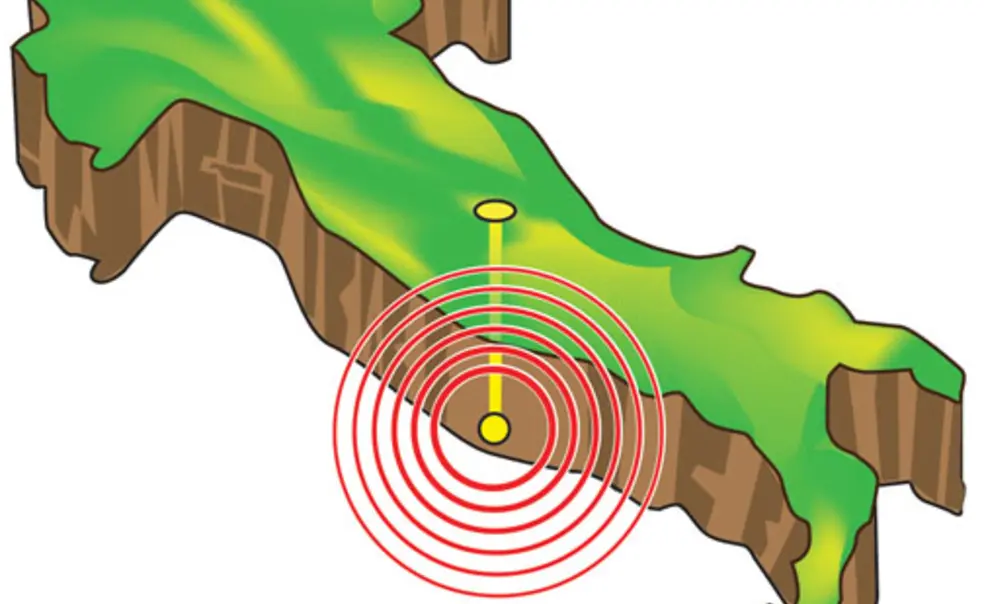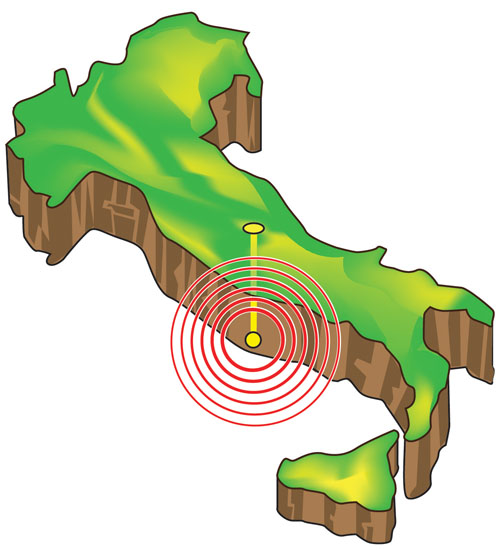FYI: Findings
Princeton scientists working a mile underground near the town of L’Aquila, Italy, detected new evidence of the presence of GEONEUTRINOS, neutral elementary particles produced by radioactive decay of uranium, thorium, and potassium in the Earth’s crust and mantle. First highlighted by theorists in the 1960s, the long-sought particles could help geologists understand how reactions deep in the Earth’s interior may influence surface events like earthquakes and volcanoes. A group of 88 researchers including more than a dozen Princeton contributors detailed the discovery in the April edition of Physics Letters B.
Repetitive and seemingly unnecessary sequences of DNA IN FRUIT FLIES may aid normal development under adverse conditions such as extreme heat or cold, according to research led by postdoctoral researcher Nicolás Frankel and published in Nature July 22. The finding could lead to a better understanding of developmental disorders in humans.
Government bailouts, the federal stimulus program, and actions by the Federal Reserve helped to SAVE MILLIONS OF JOBS AND PREVENT DEFLATION, according to economic models in a recent study by Princeton professor Alan Blinder ’67 and colleague Mark Zandi. Their 22-page paper was posted on Blinder’s home page July 27 and reviewed by numerous media outlets.
HUMAN GENOMENature Genetics












No responses yet